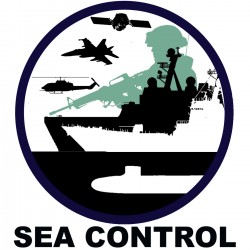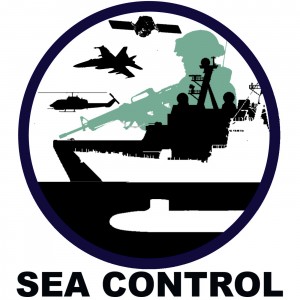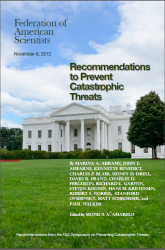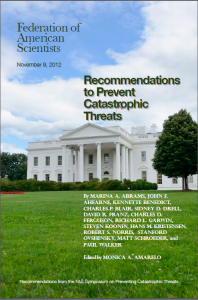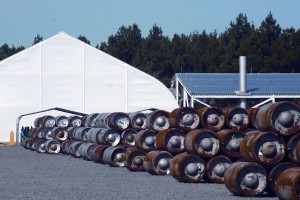International Maritime Satire Week Warning: The following is a piece of fiction intended to elicit insight through the use of satire and written by those who do not make a living being funny – so it’s not serious and very well might not be funny. See the rest of our IntMarSatWeek offerings here.
LOCATION CLASSIFIED – U.S. Navy Lt.j.g. Paul McKudo leaned over the conn rail to check the boat’s position on the chart. “Yep,” he sighed, “still here.”
As officer of the deck on board USS Louisiana (SSBN-743) McKudo is responsible for safe navigation of this nuclear powered warship which carries a key leg of the U.S. nuclear weapons triad, 24 Trident II D-5 Nuclear Ballistic Missiles.
“I understand the importance of our mission and the strategic role we have in our nation’s defense” McKudo said, “but I really want to be in the Air Force missile program, those guys know how to party”.
Recent news involving Air Force officers appeal to the junior officers in Louisiana’s wardroom. They see the buttoned-up culture of Navy ballistic missile submarines as too restrictive and lacking variety.
“I have a buddy from college who works in the missile fields up in North Dakota,” says Ensign Robert Connely, Louisiana’s reactor chemistry officer. “He tells me stories about driving Suburbans 90 miles per hour through snowy corn fields. That sounds awesome”.
“Look, those guys don’t even have to really take any sort of regular tests or anything,” McKudo said with excitement. “And when they do it’s so open book the Chinese get to crib the answers too. Plus their generals get to party so hard, especially on foreign travel, it defies the imagination”.
According to a recent study by the RAND corporation, officers in the Air Force missile corps are “burnt out” and often act in a manner inconsistent with the standards of the military due to their levels of stress. Members of Louisiana’s wardroom do not sympathize.
“They get to sleep on watch!” said. McKudo. “Try being out in the middle of the ocean for three months, constantly think about boiling water, then come talk to me. They are obviously just partying so hard they forget what they are doing. They don’t even have to closer the door! It’s better than Florida State U!”
“You know what happens if we forget to close the door?” asked Connely. “We sink – that’s what happens. Can’t sink in the middle of Wyoming, no sir.”
The two officers’ watch reliefs arrived, signed the logs, descended the ladder to the wardroom, the boat having traveled 6 miles in their 6 hour watch. After surveying the small collection of games and DVDs they agree to play their 326th game of Cribbage.
Alan Tweedie currently serves in the Navy reserve as an intel officer. At his civilian job he spends a lot of time with former Air Force missile officers who have no idea how good they had it.


